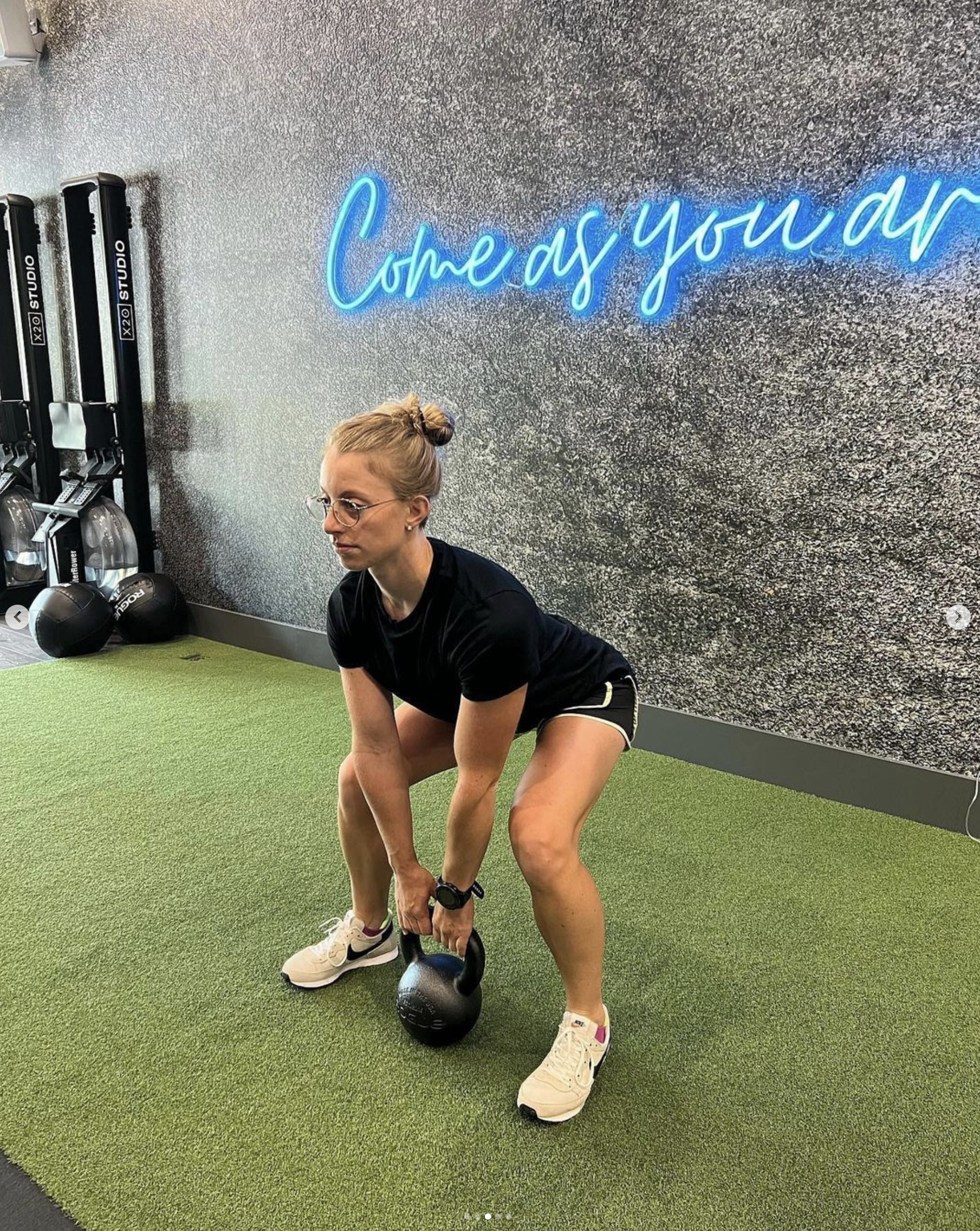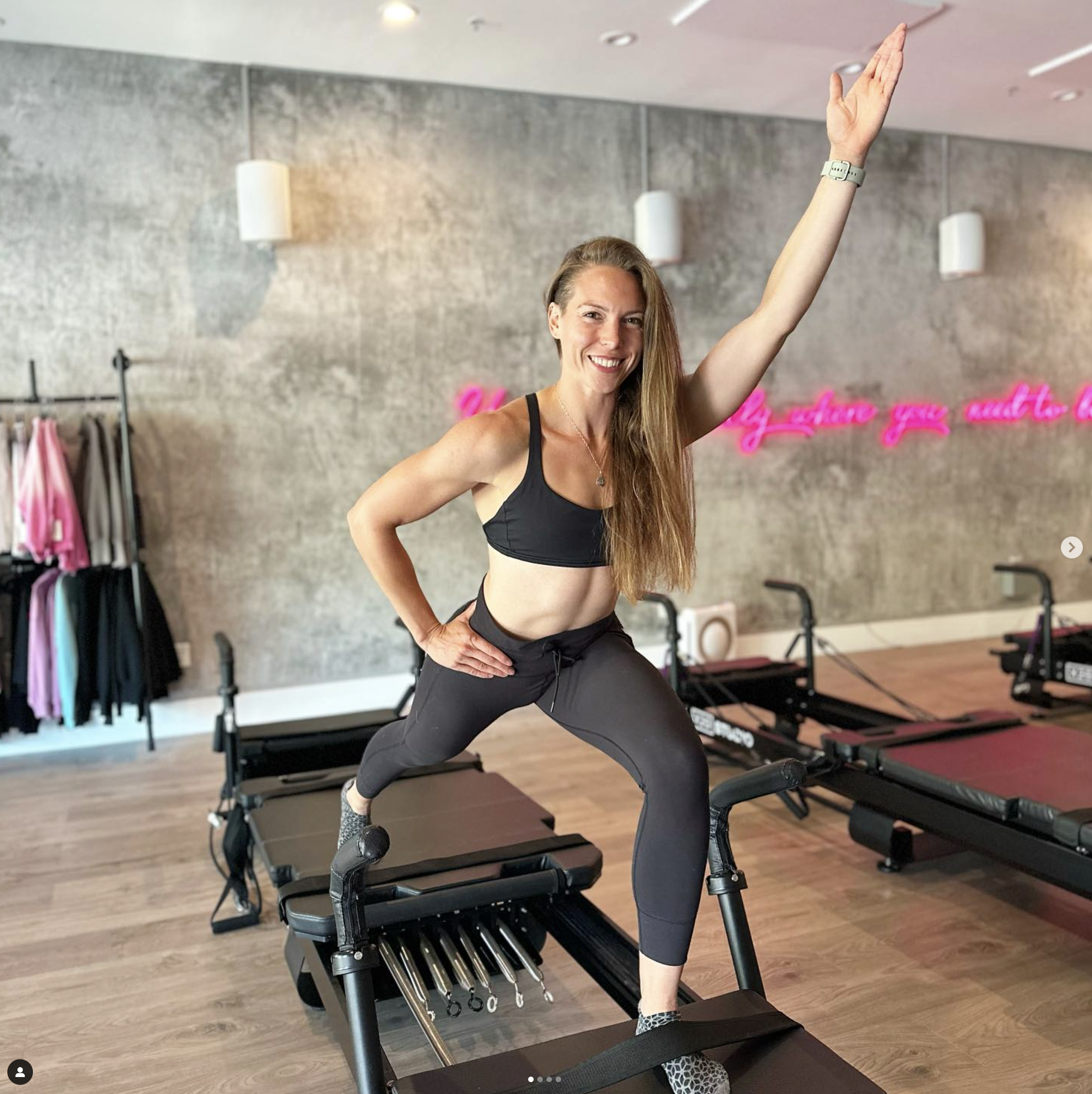Pilates vs Weight Training: A Personal Journey to Strength and Flexibility
Throughout the years, I’ve explored various fitness regimes. I've always been intrigued by the differences and benefits of Pilates vs weight training. Both have unique advantages and understanding them can help you make an informed decision about your fitness journey.
With a plethora of information out there, it’s important to rely on authentic experiences and well-researched facts. This article aims to do just that—drawing from my experiences and the latest research in the fitness industry.
My Introduction to Pilates
Pilates, a century-old practice, has seen a resurgence in popularity in recent years. My journey with Pilates began over a decade ago. I've experienced firsthand its benefits—increased range of motion, improved posture, core strength, and spinal mobility. The profound impact of these benefits was one of the driving forces behind my decision to start x2o Studio. I wanted to share the transformative power of Pilates with others. This led me to create a space where everyone could experience this holistic approach to fitness. Over the years, I've seen countless individuals transform their bodies and minds through Pilates—emphasizing its effectiveness and versatility.
Pilates vs Weight Lifting: Creating a Weight Training Regime
Pilates vs Weight Lifting—is one better than the other? There’s no one set answer as it depends on your fitness goals and preferences. Weight training focuses on building muscle, improving posture, and boosting overall strength.
I've used various equipment, from dumbbells to barbells and everything in between. This resulted in challenging myself by pushing my body and muscles, which enhanced my physical capabilities.
My passion for fitness led me to explore various training regimes across California. I've visited renowned fitness centers like Health House, Barry's Bootcamp, and Equinox, trying out their unique approaches to weight training and overall fitness.
Each experience added a new dimension to my understanding of strength training. Collectively, they helped me craft a balanced and effective workout regime. The diversity across these institutions highlighted the importance of personalizing one's fitness journey. You want to make sure your training plan aligns with your individual goals and body needs.
The Transformative World of HIIT Pilates
Is pilates strength training? It’s a very valid question. When you take class with us, we make it that and more! Enter HIIT Pilates, a fusion of traditional Pilates principles and the intensity of a HIIT session. At x2o Studio, we've embraced this innovative workout, combining meticulous movements of classic Pilates with adrenaline-pumping sequences of high-intensity interval training.
Whether you want to tone muscles, improve flexibility, or boost your cardiovascular health, HIIT Pilates has you covered. The fusion of these two powerful fitness methodologies offers a comprehensive workout, targeting various muscle groups while enhancing cardiovascular health.
Is Pilates Strength Training?
So where does Pilates fall in terms of training categories? Let’s first start with understanding strength training. Strength training is an umbrella term used to describe any type of exercise aimed at increasing strength.
Fitness methods incorporate different equipment or machines, but if it involves improving your strength, it can be categorized as strength training. Lifting weights is a form of strength training, and so is HIIT Pilates.
Is Pilates Resistance Training?
Is pilates resistance training? Again, it depends, but at x2o Studio? Without a doubt—thanks to the adaptable springs of the XFormer.
There's a growing interest in the benefits of spring-based tension in XFormer fitness classes compared to using weights. Springs offer a low-impact workout, ensuring the safety of connective tissues and joints. This contrasts with weights, which can put unnecessary stress on tissues and joints.
With springs, you can exercise better control over your movements—resulting in better engagement during longer movements. The variable tension in spring-based workouts, combined with the XFormer's numbers and lines, allows for precise body positioning.
The precision involved in our XFormer workouts optimizes each movement for maximum benefit. This helps reduce the risk of injuries while providing a more effective workout.
Pilates vs Weight Training: Which is Better for Fitness?
I believe fitness is a combination of strength, flexibility, and cardiovascular health. While traditional Pilates focuses on mobility and core strength, weight training emphasizes muscle hypertrophy and lifting heavy weights. However, with the introduction of HIIT Pilates, you can now enjoy the best of both worlds.
It's essential to understand that no single fitness methodology is superior to others—it's about finding what aligns with your goals, body needs, and personal preferences.
Building Real-Life Strength
There's a difference between gym strength and real-life strength. While weight training focuses on muscle hypertrophy, Pilates, especially HIIT Pilates, builds core strength and end range of movements.
Real-life strength supports you in everyday activities. It helps you carry out daily tasks with ease—from lifting groceries to playing with your kids. It's all about making sure your body is equipped to handle the challenges of daily life, and both Pilates and weight training contribute significantly to this.
The Quest for Toning
Toning, for me, is about sculpting the body while maintaining flexibility. Toning is strength training with a specific goal in mind—reducing body fat and increasing lean muscle mass.
Both Pilates and weight training have played a crucial role in my toning journey. With a combination of both, I've achieved a physique that's not only strong but also agile. Contrary to popular belief, toning isn't just about aesthetics. It's about building functional muscles that allow you to move with grace and power.
Pilates vs Weight Training—Make the Most by Practicing Both
When comparing pilates vs weight training, I can’t state any facts as to which is better because it’s going to depend on you. Honestly, it’s a very subjective question.
When it comes to fitness, what works best for me may not work best for you. Choosing a workout regime should align with your personal goals and preferences.
If you can diversify your fitness routine, you’ll maximize your benefits. For example, each week you can take two pilates classes and spend three other days focused on weight training in the gym. Integrating both forms of exercise into one's routine can be highly beneficial.
My personal schedule incorporates both Pilates and weight training, providing a balanced approach to fitness. This combination has allowed me to enjoy the benefits of both worlds—from the flexibility and core strength of Pilates to the muscle-building capabilities of weight training.
I encourage everyone to explore both Pilates and weight training to discover the unique benefits each offers. Fitness is a journey, not a destination. It's about continuous growth, exploration, and finding what makes YOU feel alive and vibrant.
Give HIIT Pilates a try—explore the schedules below and book a class today!
FAQ
Is HIIT Pilates suitable for all age groups?
- Yes, HIIT Pilates is adaptable and can be tailored to suit individuals of all age groups. However, if you have any medical conditions, it's advisable to consult with a healthcare professional before starting.
How often should I attend HIIT Pilates classes?
- For beginners, starting with 2-3 times a week is recommended. As you build strength and stamina, you can increase the frequency.
Can I do HIIT Pilates at home?
- While the studio experience is unparalleled, especially with the XFormer machine, there are home variations of HIIT Pilates exercises that you can try. However, for the best results, attending classes at x2o Studio is recommended.
Sources: Unveiling the Magic of x2o Studio's XFormer: The Future of Pilates Reimagined


